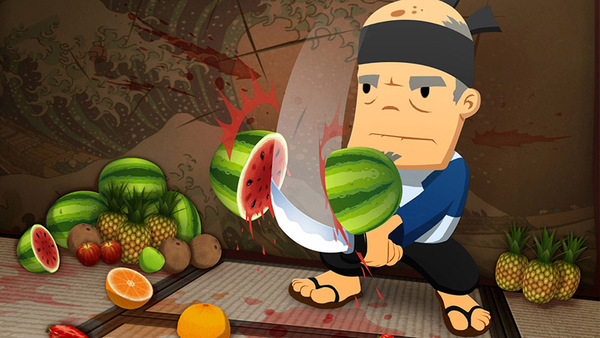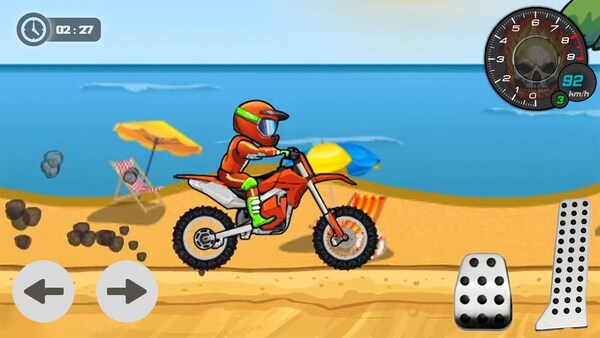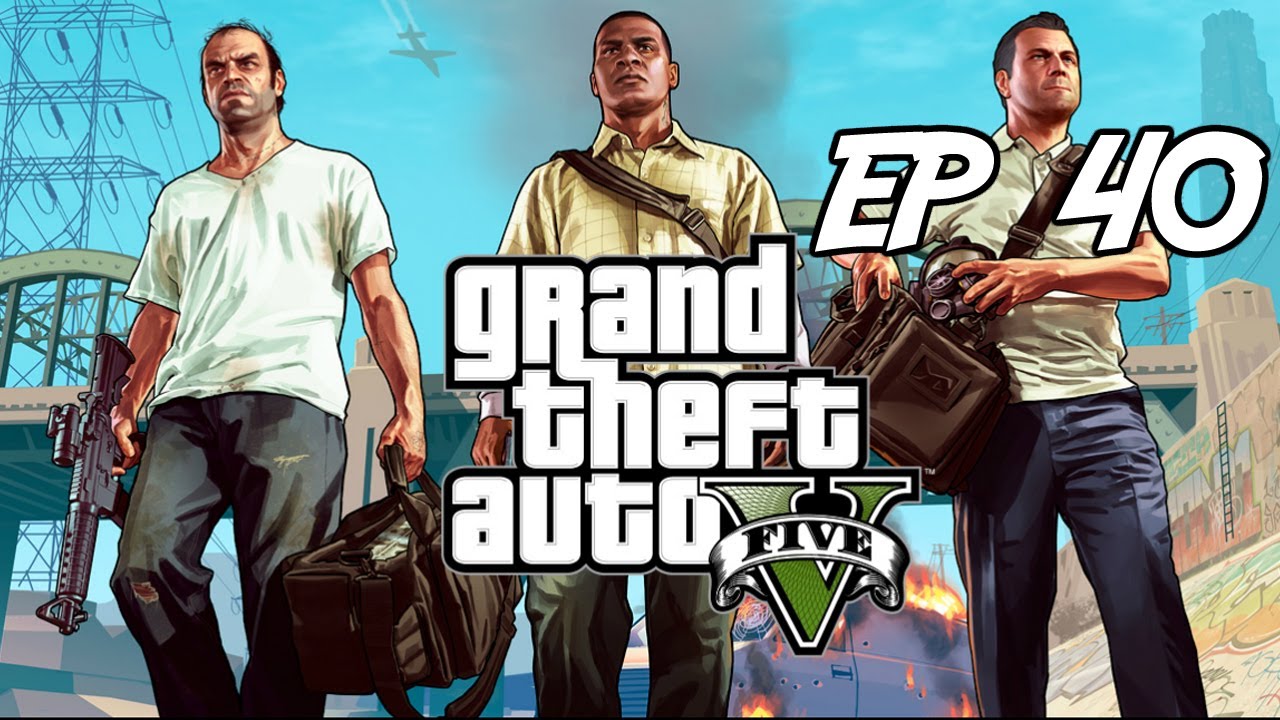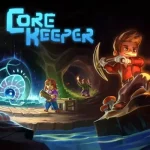Schedule 1 is an open-world crime simulation game that has been taking the Steam scene by storm since its launch on March 24, 2025. Developed by TVGS (Tyler's Video Game Studio)
The Origins of Schedule 1
Schedule I was born from the ambitions of indie game developer Tyler's Video Game Studio (TVGS), an Australian team known for pushing boundaries. The concept emerged in late 2023, initially shared as a prototype in small gaming communities. With its risky premise and criminal themes, the game sparked instant interest and debate.
The name Schedule I references the U.S. drug classification for substances with no medical use and a high potential for abuse—hinting at the game's narrative and gameplay direction. Developers positioned it as a mix of simulation, satire, and survival, taking cues from series like Breaking Bad and games like GTA and Prison Architect.
Early Access Release: The Breakout Moment
The game officially entered early access on Steam in March 2025. It immediately drew attention thanks to viral gameplay clips and word-of-mouth. Within its first week, it recorded over 450,000 concurrent players.
Players were drawn to its mix of base-building, staff management, and unpredictable urban events. More than just another drug-themed game, Schedule I was seen as a creative simulator with strategy, risk management, and ethical dilemmas at its core.
Core Gameplay: From Cook to Kingpin
At its heart, Schedule I is about growth—from a desperate chemist in a rundown apartment to a cartel leader commanding entire districts. The game provides tools to cook drugs, set up labs, hire staff, distribute products, and evade or bribe law enforcement.
Players must manage purity, pricing, customer trust, and employee loyalty. Mismanagement can lead to lab explosions, DEA busts, or betrayal by rivals. These mechanics ensure a blend of challenge and immersion.
Key Features
-
Drug crafting mini-games
-
Tactical lab building and upgrading
-
AI-based police chases and territory heat
-
Economy-driven pricing and distribution models
The City of Hyland Point
Hyland Point is the living, breathing heart of Schedule I. It’s a sprawling city divided into multiple districts, each with its own risks, police presence, and consumer preferences.
As players expand, they must establish new labs, claim turf, and monitor local markets. Events like neighborhood protests, snitch activity, or sudden police sweeps add constant unpredictability.
The setting draws heavily from real-world cities like East LA, Detroit, and Juárez, giving it an immersive, gritty atmosphere.
Multiplayer Madness: Build Together or Betray
A standout feature is its co-op multiplayer. Up to four players can build their criminal empire together—or backstab each other for dominance.
Players assign roles like cook, distributor, lookout, or negotiator. Group heists and turf wars create tense moments, while betrayal adds paranoia to the mix.
Multiplayer Highlights
-
Shared stash and income system
-
Heist coordination tools
-
Optional betrayal mechanics
-
Reputation system among players
The Customization Craze
Customization is another strength. Everything from your lab’s décor to your cartel’s name and branding can be tailored. More than visual appeal, these choices influence gameplay.
Better lighting or ventilation reduces explosion risk. A stylish car might attract customers—but also police attention. Custom logos increase street recognition, affecting sales rates and rival behavior.
Players also control how their drugs are cut and labeled, balancing profit against quality.
Economy and Reputation Systems
The game’s internal economy mimics real market dynamics. Prices shift based on supply, competition, and district demand. Reputation is earned through consistency and quality—or destroyed by scams and violence.
Balancing greed and trust is essential. Sell diluted drugs, and customers vanish. Build rep through loyalty and bonuses, and territory influence expands.
Black markets, underground auctions, and gang connections further complicate the business side.
Controversy and Cultural Debate
Not surprisingly, Schedule 1 has attracted its share of critics. Some accuse it of glorifying drug culture. Others argue it’s a form of satire and social commentary.
The developers maintain the game is an exaggerated mirror of systemic failure—one that mocks criminal romanticism rather than celebrates it. They’ve responded to criticism with in-game mechanics like overdose risk and moral dilemmas, forcing players to think beyond money.
Despite controversy, gamers and streamers have largely embraced the game for its creativity and depth.
Player Reviews and Community Feedback
Steam, Reddit, and YouTube are full of glowing reviews. Players commend its originality, chaotic co-op mode, and meaningful choices.
Common praise focuses on the humor, deep systems, and constant updates. Criticism usually targets early bugs and the steep learning curve—but most agree the game offers something different.
Sample Player Comments
-
“It’s like The Sims meets Breaking Bad.”
-
“I wasn’t expecting a satire with real depth. Game of the year material.”
-
“Best co-op experience I’ve had in years.”
The Road Ahead: What’s Coming Next
The developers have released a detailed roadmap outlining plans for 2025 and beyond. These include a full story mode, console ports, and expansions introducing new cities, drug types, and law enforcement factions.
They’ve also hinted at VR support, Twitch integration, and AI-powered NPC behavior. The game is being shaped by community input, with frequent Q&As, polls, and patch notes.
With active development and a growing fanbase, Schedule 1 seems poised to become an indie legend.
Conclusion
Schedule 1 is not just a controversial title—it’s a cleverly crafted simulator that walks the line between satire and strategy. With rich mechanics, memorable multiplayer, and constant evolution, it’s no wonder the game has captured the gaming world’s attention. While not for the faint of heart, it rewards bold players who dare to build empires in the shadows.
































